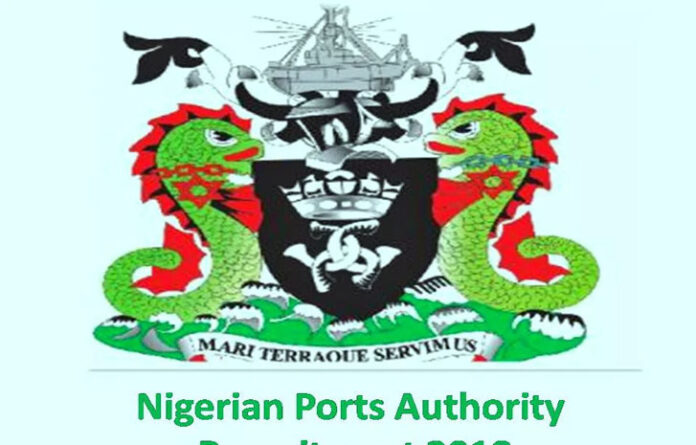The Nigerian Ports Authority (NPA), says it has taken measures to eliminate systemic corruption and other criminal practises at the nation’s seaports.
Its Managing Director, Mr Mohammed Bello-Koko, said at the weekend in Lagos that the maritime outfit would operate in compliance with the standard operating procedures as stipulated in the Nigerian Port Process Manual (NPPM).
“Our quest is to promote operational excellence at the seaports and terminals. We are cleaning up the system to make for smooth service delivery,” Bello-Koko said when he received members of the Maritime Anti-Corruption Network (MACN), on a courtesy call.
A statement by Ibrahim Nasiru, NPA’s General Manager, Corporate and Strategic Communications, quoted the managing director as appreciating the positive role the network was playing toward creating a friendly environment for doing business in the maritime industry.
He also commended the group for promoting the gains of business integrity and raising awareness on the negative impact of corruption on the country’s image and global rating.
The NPA helmsman expressed delight that the anti-corruption reforms introduced by the Federal Government had significantly reduced corruption and related crimes in the Nigerian port and shipping sector.
He spoke further: “The NPA management is happy to note that we are doing well in view of the drop in the incidences of corruption from when the anti-corruption campaign started.
“We have seen the progress recorded in port operations and the revenue into government coffers; it shows that sooner than later, the port industry in Nigeria would become the most attractive maritime cluster in the region, going by our market share and capacity.”
He opined that having achieved and addressed the bottlenecks associated with sailing and berthing of vessels, attention should now be on the ease of cargo clearance at the port and ways of boosting the global competitiveness of the country’s exports.
He declared that concerted action was needed to make cargo clearance simpler, faster and market-friendly.
Koko called for better synergy between the critical agencies of government involved in maritime trade in line with the NPPM and the protocols guiding the ease of doing business at the port.
“This will bring an end to long delays in cargo examination, boost the country’s international trade, generate thousands of jobs, increase revenue to government and raise profit of private enterprises,” he said.
Leader of the MACN team, Soji Apampa, had earlier explained that the visit was to intimate NPA on the achievements recorded in collaboration with other key stakeholders.
“Our goal is to engender zero tolerance to corruption in the ports; we also want to remove opaqueness in port operations in line with international best practice,” he said.
He observed that the Nigerian port ecosystem had witnessed a positive change in the last three years as reported demands made by corrupt public officials on shipmasters and shipping agents in the process of vessel clearance had reduced from three to two digits.
“The introduction of the checks has increased the level of transparency around processes to be complied with in Nigerian ports.
“The introduction of the Port Service Support Portal has also made complaints and grievance handling processes more transparent and effective,” he said.
He disclosed that his group had trained more than one thousand personnel serving in the ports, including staff of NPA, Nigeria Customs Service, Nigerian Immigrations Service and other agencies.
Apampa appealed to the NPA management to sustain the collaboration with his group, and requested for increased support in terms of logistics and manpower deployment.
He assured the NPA management of the group’s readiness to provide technical support and training to staff of the Authority, taking advantage of MACN’s affiliation with the World Maritime University.




